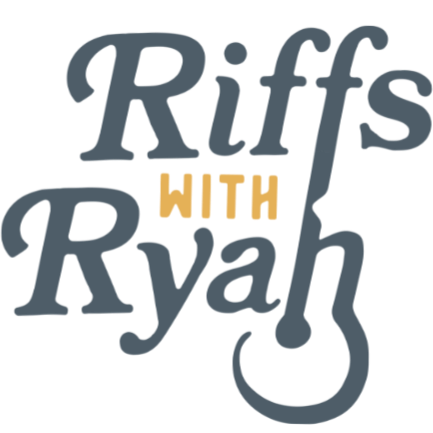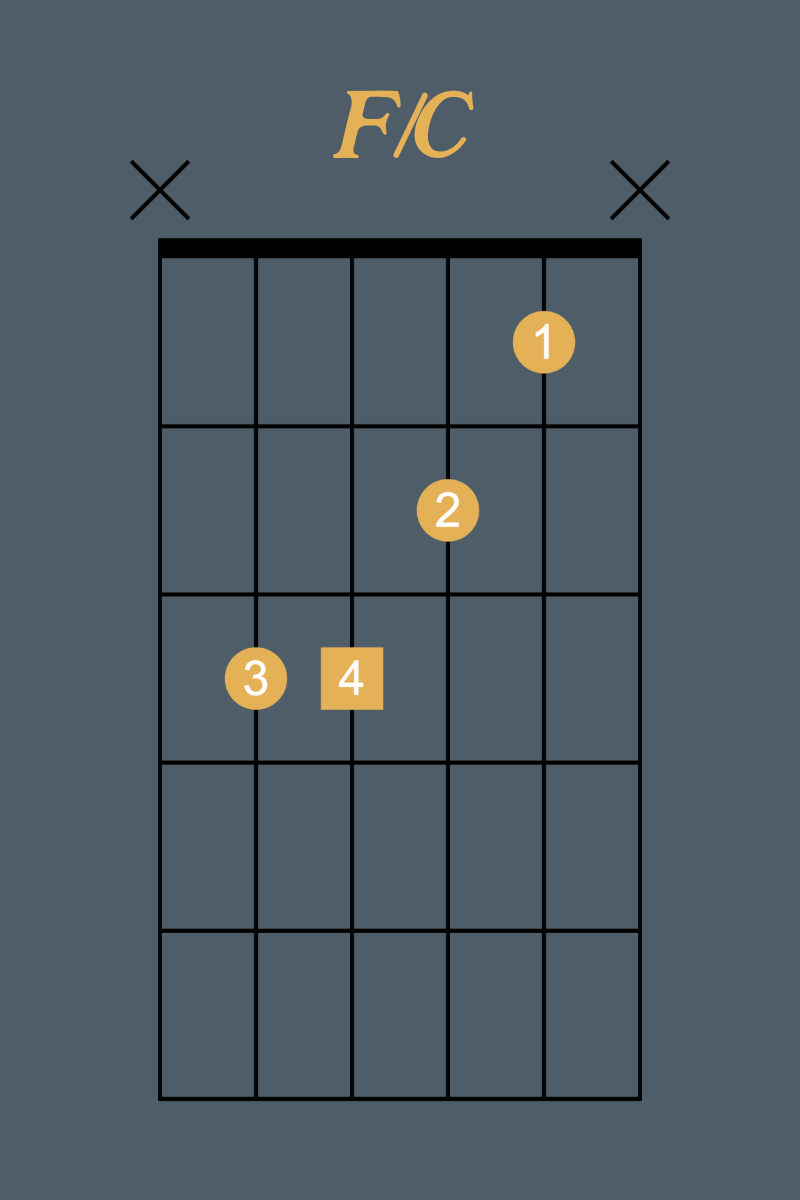My 5 Favorite F Chords to use in Music Therapy Sessions
The F barre chord is often called the hardest, but for music therapists, it’s rarely essential. Unlike rockstars, we focus on using guitar to support therapy goals, not performance. Even as a pro, I avoid the F barre chord because there are many easier, better ways to play F during music therapy sessions.
“But I can play the F barre chord fine, why would I want to change that?”
You don’t have to—but here’s some things to consider:
· You’re giving an adaptive music lesson and your client needs an easier substitute
· Your fingers are starting to hurt and you need something to ease the pain
· You’re starting to injure yourself from playing guitar
o Which, by the way, is INCREDIBLY PREVALENT IN MUSIC THERAPISTS
· You’re simply tired of the chord
· You want to know beautiful, easy substitutions for music-for-relaxation or improvisational experiences
I’m sure there’s other reasons, but you get the idea:
There are many good reasons to learn these friendly F chords, my music therapy friend!
SO here are my 5 favorite F barre chord substitutions that will 10/10 make your guitar playing easier FOR LIFE!
Number 1: The F “Fun Barre” Chord
I use this F chord when I want “beefy low end” or when I am in the mood to rock out \m/
Benefits
Full sounding
Has all the notes
Looks like the barre chord
No barre = more fun
Darker-tone
How to Play ItSlightly tilt wrist
Pointer finger only pushes down on low E string
Pointer finger mutes B and high E string by lightly touching the string
Number 2: F/C (5-String Version)
I use this F chord when I want a bright, but full F chord without much effort!
Benefits
Full-sounding
Only barring two strings
Easy C to F transition
Brighter-tone
How to Play It
Lay pointer finger on B and high E strings
Apply pressure to pad of pointer finger
Mute low E string
Wrap thumb to mute
OR use tip of ring finger to mute
If you can’t mute the low E string, then strum through the bottom 4-5 strings
Number 3: F/C (4-String Version)
I use this F chord when I want a full-sounding F chord and am feeling lazy!
Benefits
Full-sounding
No barre? No problem!
Warmer-tone
Moveable shape (see below)
How to Play It
Pointer finger mutes high E
Mute low E string
Wrap thumb to mute
Use tip of ring finger
BONUS TIP
Move this chord up and down the neck for a “major” barre chord hack ;)
Number 4: F (4-String Version)
This was the first F chord I learned, and it’s especially good for fingerpicking!
Benefits
Mid-range focus
Little barre
Not boom-y
How to Play It
Lay pointer finger on B and high E strings
Apply pressure to pad of pointer finger
Mute A string with tip of ring finger
Mute low E string
Wrap thumb to mute
Or only strum the bottom 4-ish strings
Number 5: The BEAUTIFUL Fmaj7
I use this chord for instantly beautiful sounding improvisations, and it can be a great replacement in songs too if it feels good!
Benefits
BEAUTIFUL
NO BARRE
EASY
How to Play It
Pointer finger on the tip
Ring finger on the pad
Mute A string with tip of ring finger
Mute low E string
Wrap thumb to mute
Or only strum the bottom 4-ish strings
There are MANY other options like power chords, but these are my 5 favorite F chords that I will use regularly in music therapy sessions!






